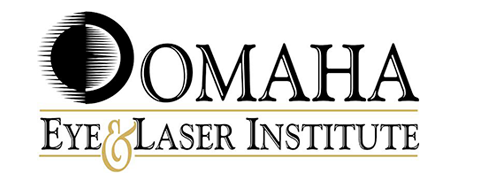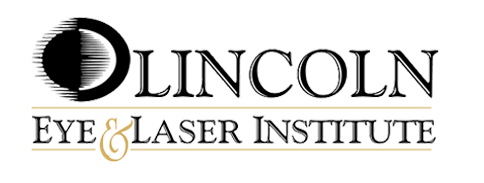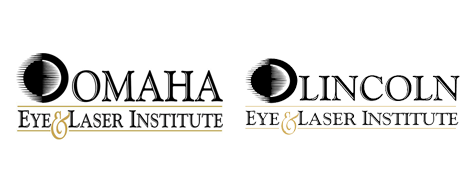
Have you been experiencing problems using your peripheral vision in both eyes? Are you getting frequent intense headaches and feel nauseous?
These could be signs that you are developing glaucoma. Keep reading to find out more about glaucoma!
What Is Glaucoma?
Glaucoma is part of a family of eye conditions that cause damage to the optic nerve. You need to have a healthy optic nerve to have clear vision.
Glaucoma damages the optic nerve due to abnormally high pressure in the eye and the eye’s fluid. Most people are not at risk of developing glaucoma.
Glaucoma is one of the most common causes of blindness in adults who are ages 60 and older. While anyone can develop glaucoma, it is more likely that older adults will develop it.
Glaucoma can surprise you. The majority of the types of glaucoma do not have warning signs. This is why it can surprise you and impact your vision.
Most patients with glaucoma do not realize it until they experience vision loss. Once you lose vision from glaucoma, it cannot come back, as vision loss due to glaucoma is irreversible.
This is why it is important to get annual eye exams. This gives your doctor the opportunity to check the pressure in your eye.
The data provides your doctor with a history of eye pressure and helps them identify any changes. This allows them to diagnose the condition early on and provide you with treatment.
If glaucoma is diagnosed in its early stages, vision loss can be delayed or prevented.
Symptoms Of Glaucoma
There are two main types of glaucoma.
Acute Angle-Closure Glaucoma:
For acute angle-closure glaucoma, symptoms can include eye pain, strong headaches, blurry vision, nausea and vomiting, eye redness and noticing halos around lights.
Open-Angle Glaucoma:
With open-angle glaucoma, in its advanced stages, you can develop tunnel vision. Some patients develop blind spots in their peripheral vision or central vision. This occurs in both eyes.
If these symptoms sound familiar, you need to contact your doctor immediately. When left untreated, glaucoma can cause irreversible blindness.
Risk Factors For Glaucoma
One of the main risk factors for glaucoma is if you have a family history of it, as it has a genetic component. You’re also at a higher risk of developing glaucoma once you are at least 60 years old. Other risk factors include:
- Having higher than normal eye pressure
- Being nearsighted or farsighted
- Having medical conditions like high blood pressure, heart disease, or diabetic retinopathy
- Having small corneas
- Being Hispanic, Asian, or African American
- Experiencing an eye injury or an eye surgery side effect
- Using steroid eye drops for an extended period of time
- Being a smoker
Getting regular eye exams is the best way to diagnose glaucoma symptoms in the early stages. Exercising, eating a healthy diet, and staying active are some of the best ways to reduce your eye pressure.
Are you worried that you have glaucoma? If you think that you have any of these symptoms, you need to see an eye doctor. Schedule an appointment at Omaha Eye & Laser Institute in Lincoln, NE now!





